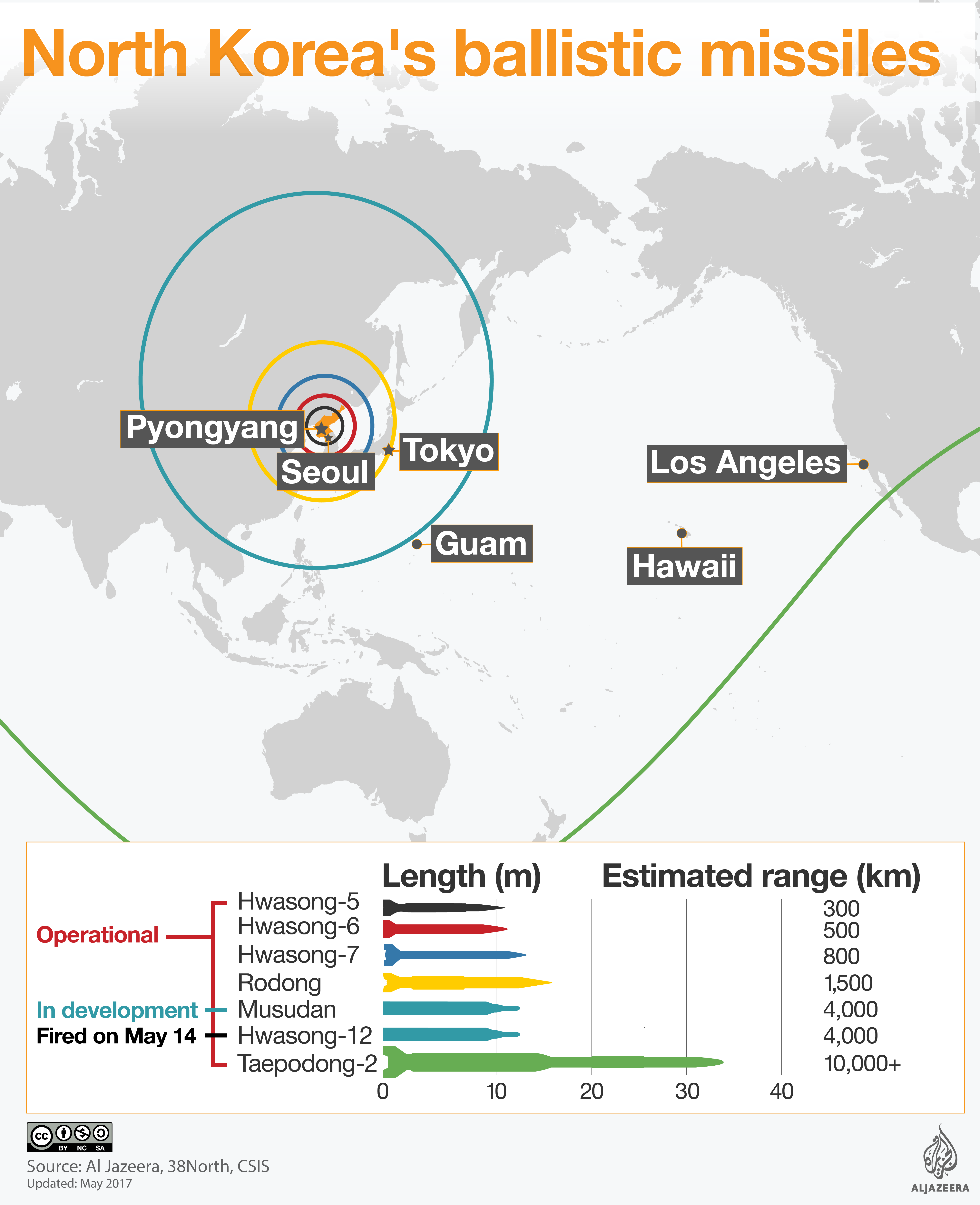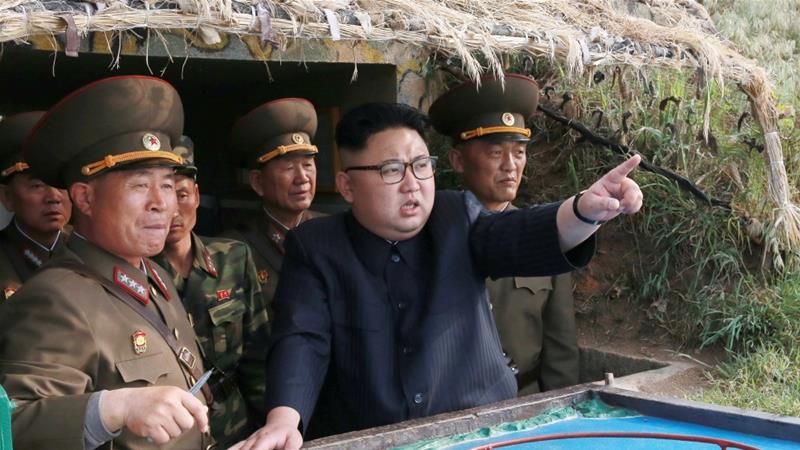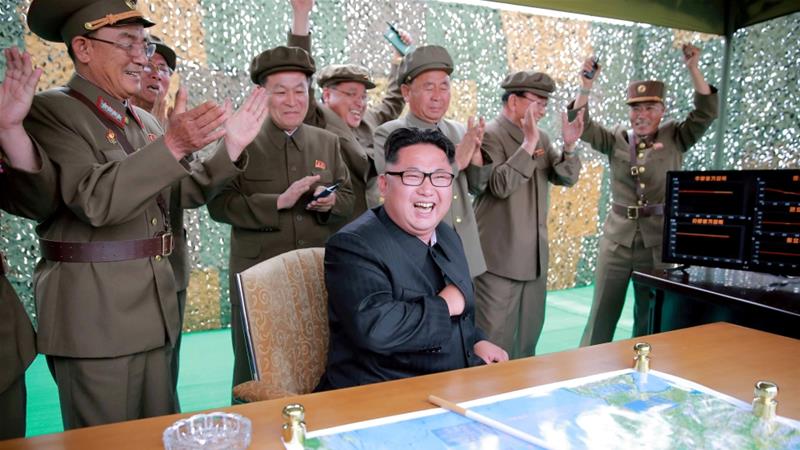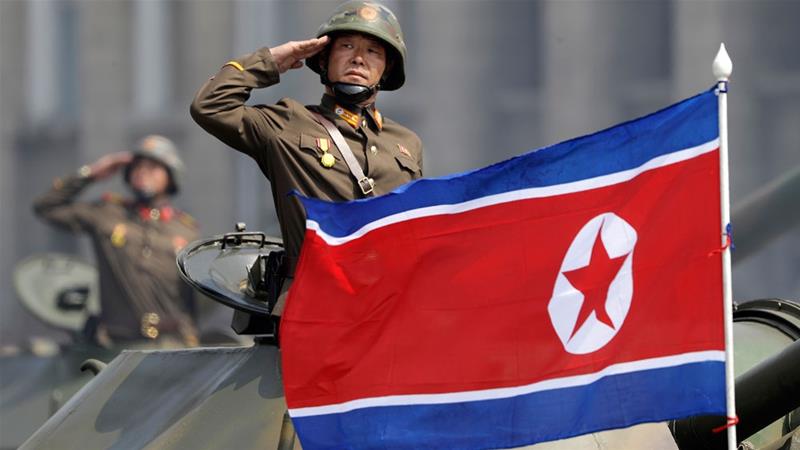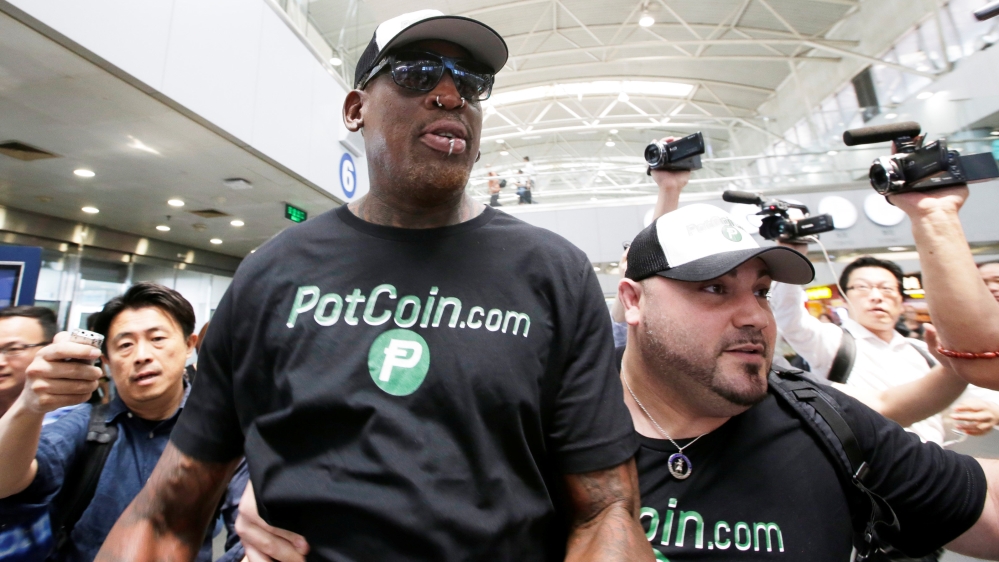North Korea’s advancing missile and nuclear programmes are the “most urgent and dangerous” threat to US national security, US defence secretary Jim Mattis said.
The facts are clear, the missiles also:
- Missile Hwasong-5 = Seoul is pulverized
- Missile Rodong = Tokyo is pulverized
- Missile Hwasong-12 (fired on May 14) = Guam is pulverized
- Missile Taepodong-2 (operational) = Australia, Hawaii or Los Angeles are pulzerized.
Mattis said the “most urgent and dangerous threat to peace and security is North Korea”, adding that its “continued pursuit of nuclear weapons and the means to deliver them has increased in pace and scope”, a statement he has made in the past.
The US focus on North Korea has been sharpened by dozens of missile launches and two nuclear tests since the start of 2016 and by Pyongyang’s vow to develop a nuclear-tipped intercontinental ballistic missile capable of hitting the US mainland. “The regime’s nuclear weapons programme is a clear and present danger to USA and its allies, and the regime’s provocative actions, manifestly illegal under international law, have not abated despite the United Nations’ censure and sanctions,” Mattis said in a written statement to the House Armed Services Committee on Monday.
Earlier this month, the UN Security Council expanded targeted sanctions against North Korea after its repeated missile tests, adopting the first such resolution agreed by the United States and China since President Donald Trump took office.
Pyongyang slammed the latest round of sanctions as “mean”.
Mattis, speaking before the panel, warned of the potential losses in the case of conflict with North Korea.
“It would be a war like nothing we have seen since 1953 and we would have to deal with it with whatever level of force was necessary… It would be a very, very serious war,” Mattis said, referring to the Korean war, which ended in 1953 and killed more than a million civilians.
Last week, South Korea’s top national security adviser said Seoul did not aim to change its agreement on the deployment of a US anti-missile system to protect against North Korea, despite a decision to delay its full installation.
Also on Monday, a report by a US-based think-tank said that the North’s effort to circumvent international sanctions on its nuclear and missile programmes is complex, but could be defeated by targeting relatively few Chinese firms.
The C4ADS report said a small number of interconnected Chinese firms accounted for the vast proportion of trade with North Korea, leaving the country’s procurement network vulnerable to targeted, enforced sanctions. “A concerted effort by the international community to target specific sanctions-violating entities is needed,” the report said.
It added that it was a mistake to think that sanctions could not succeed against a country like North Korea, which was less isolated than it appeared. “Although to date economic coercion has been ineffective in persuading North Korea to abandon its pursuit of nuclear weapons, this does not mean it cannot work,” it said.
The report said a relatively small number of Chinese companies – 5,233 – traded with North Korea from 2013 to 2016, compared with the 67,163 that exported to South Korea. Still, it’s a lot.
Rodman to visit North Korea
Separately, former National Basketball Association (NBA) star Dennis Rodman is expected to arrive in North Korea on Tuesday.
This will be the latest of at least four visits the basketball player has made to Pyongyang, most recently in 2014 when he attracted much criticism after being filmed singing happy birthday to his “friend for like” North Korean leader Kim Jong-un.
Rodman told reporters at Beijing’s international airport that he is going to North Korea to open a door, but has no plans to discuss the four US citizens being held by Pyongyang.
US media quoted a senior Trump administration official who said Rodman is “going as private citizen”.
Source: Al-Jazeera
